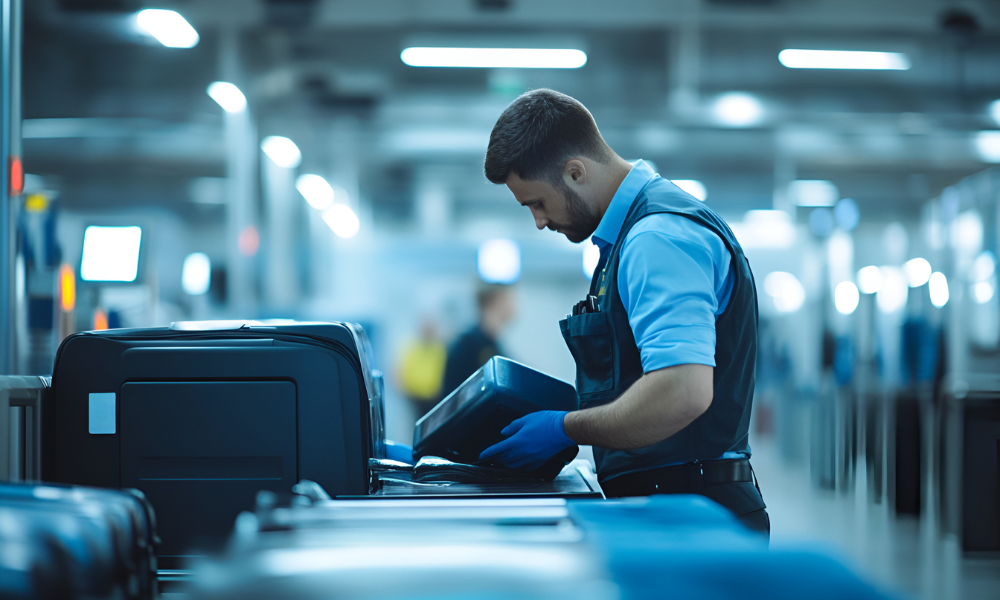
A recent advisory cautioned Canadians to 'expect scrutiny'

US Customs and Border Protection inspections could pose a risk to Canadian lawyers carrying sensitive information in their gadgets as they cross the border.
In a travel advisory dated April 4, the federal government said that Canadians should “expect scrutiny” if they are entering the US. It reminded people that under US law, CPB agents can ask for the passwords needed to unlock electronic devices during inspections; agents can confiscate the devices of those who fail to comply and significantly delay the individuals in question. Inspections may be called for without a warrant.
The US CPB indicated that border inspections of electronic devices are rare occurrences, but media reports have suggested that the rate of such inspections may be ticking up. Thus, lawyers who are bringing phones or computers containing information about clients or their legal practice risk compromising that information as they go through airport preclearance zones.
The Law Society of British Columbia reminded lawyers that they “have an obligation to protect the confidential or privileged information of their clients in their possession.”
“Permitting CPB agents to access devices that contain such information may be a breach of your professional responsibilities,” the regulator said in a statement.
The Law Society said that the safest course of action would be to avoid bringing electronic devices containing sensitive information across the US border; nonetheless, it acknowledged that such a measure would be impractical for lawyers who are on business trips. Thus, the Law Society recommended that lawyers work with information technology professionals to secure their devices and discuss alternatives to bringing sensitive information into the US. It also recommended seeking legal advice on how to respond if border officials demand access to devices.
Based on tips from the Federation of Law Societies Canada, the BC Law Society suggested that law firms set up a policy on cross-border travel by legal counsel and staff carrying electronic devices that may have confidential client information. It pointed out that some firms provide “clean” laptops and phones for cross-border travel.
The Law Society advised lawyers to forensically wipe sensitive information from devices before travelling, including cookies, cache, and browsing history. It recommended that lawyers maintain separate devices for work and personal use, or to distinguish work and personal accounts on devices if possible. Sensitive information should be clearly marked as solicitor-client privileged; this facilitates the easy identification of information that lawyers can claim privilege over.
The regulator recommended that lawyers remove client contact information and calendar information from their devices before traveling and then restore them after trips. If lawyers use cloud-based storage, the Law Society suggested that cloud-based applications be deleted from devices and then reinstalled subsequently; lawyers should consult with IT security professionals on the process of secure deletion and reinstallation. Moreover, law firms should implement the use of encryption and secure passwords, applying two-factor authentication to manage account access and protect certain accounts from extensive examination.
The Law Society also cautioned legal counsel to avoid being intentionally vague when interacting with border officers; counsel should be ready to disclose their purpose of travel and their connection to a Canadian legal practice if appropriate without revealing confidential information. The regulator suggested that lawyers present a printed itinerary to border officials instead of their electronic device.
The Law Society also suggested that lawyers discuss with clients as to whether they are comfortable with the lawyers crossing certain borders during travel, given that some clients may not allow their information to be accessed outside Canada. The regulator suggested the lawyers traveling to the US for work should monitor travel-related updates from the US and Canadian governments.